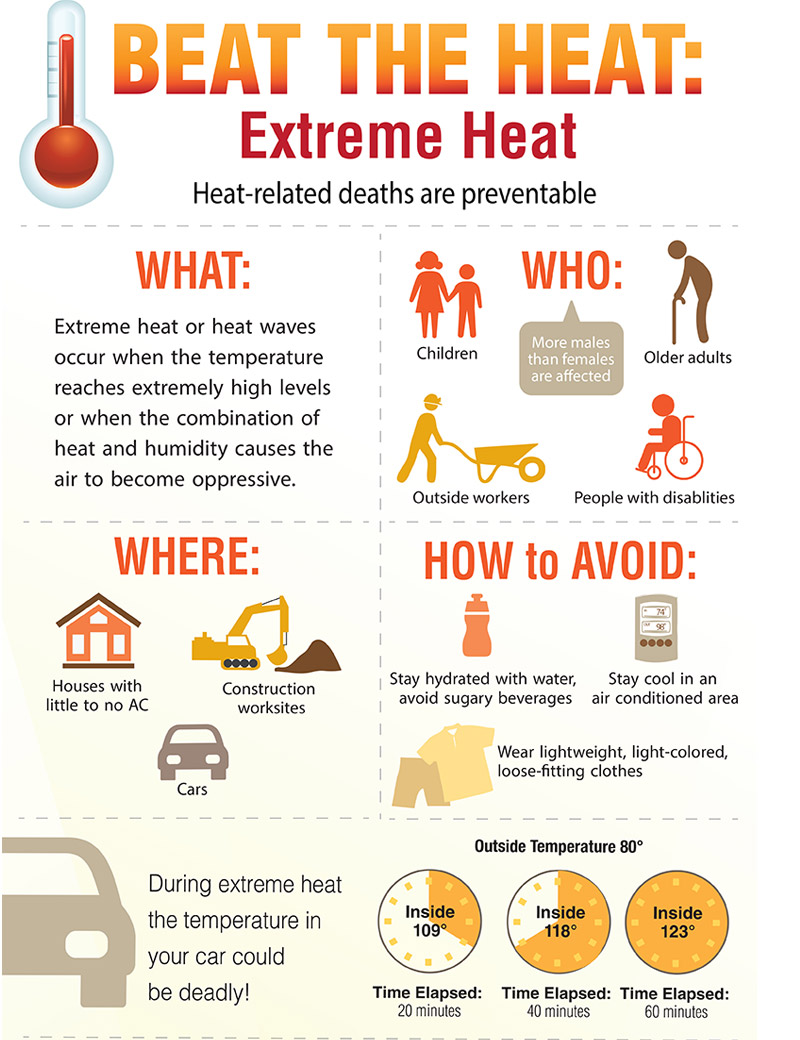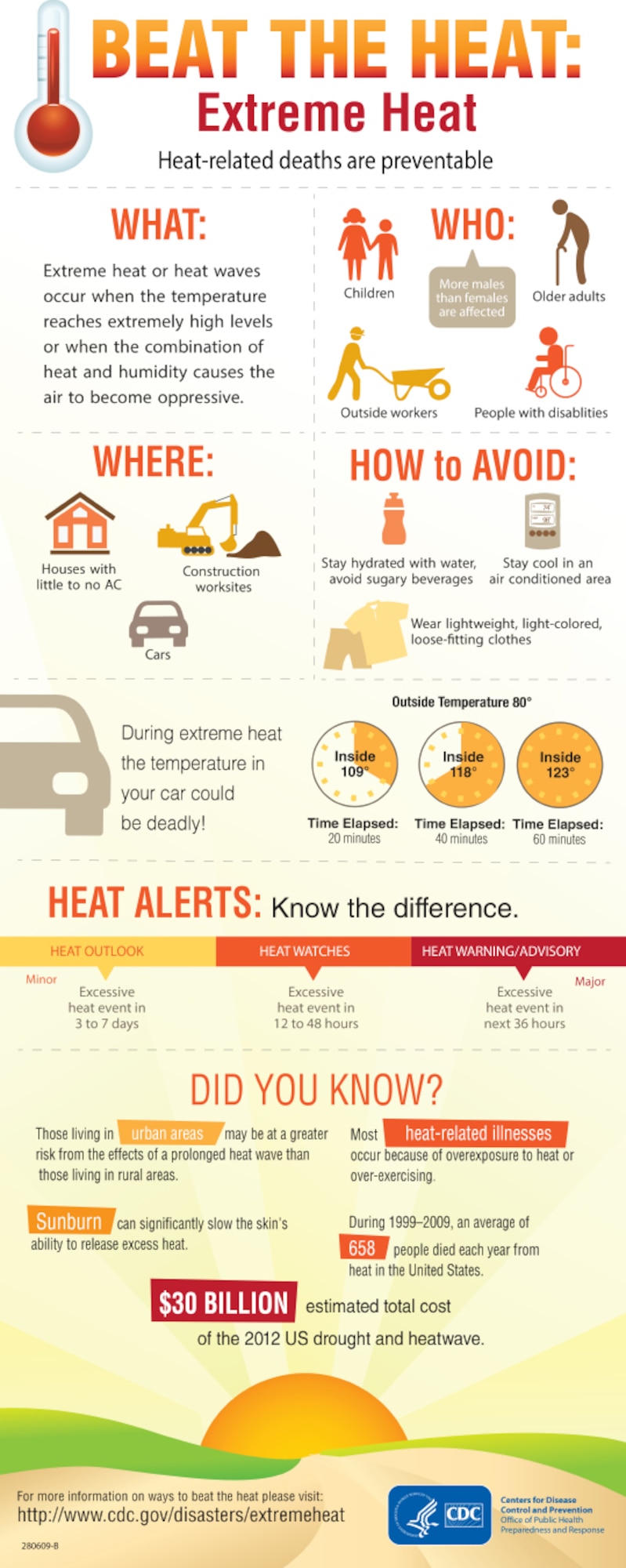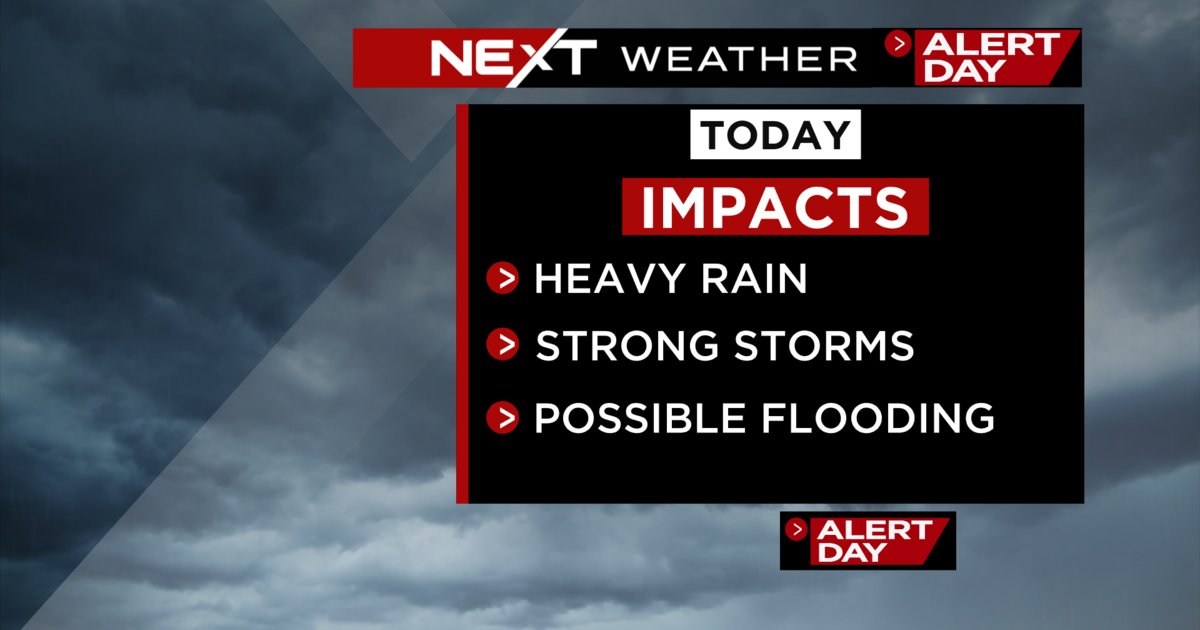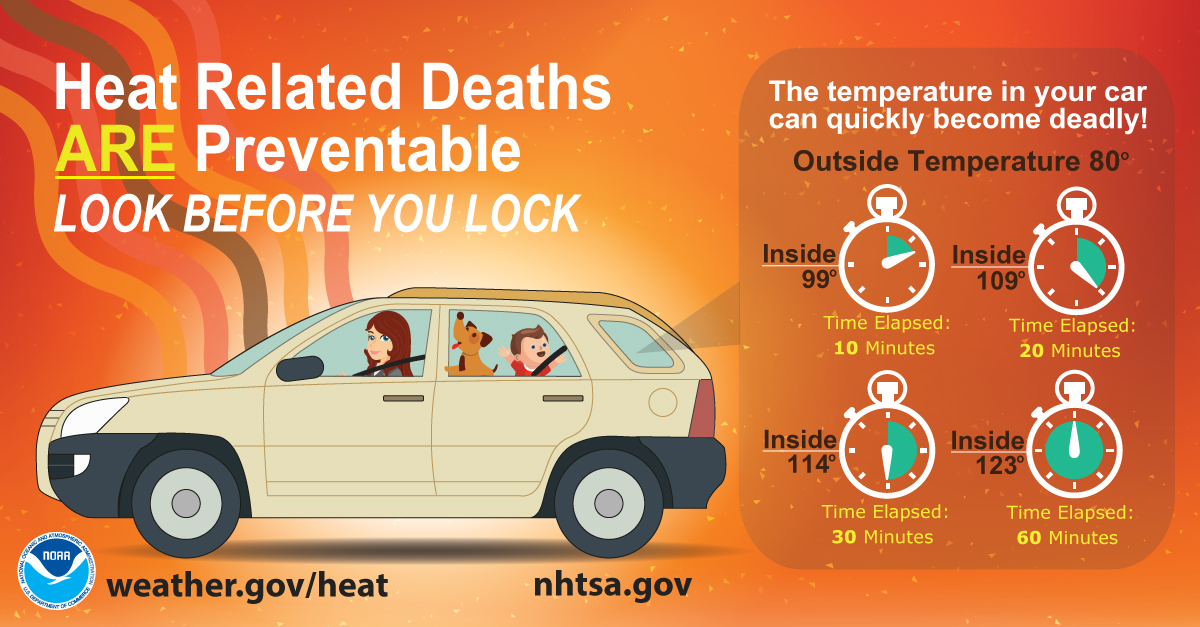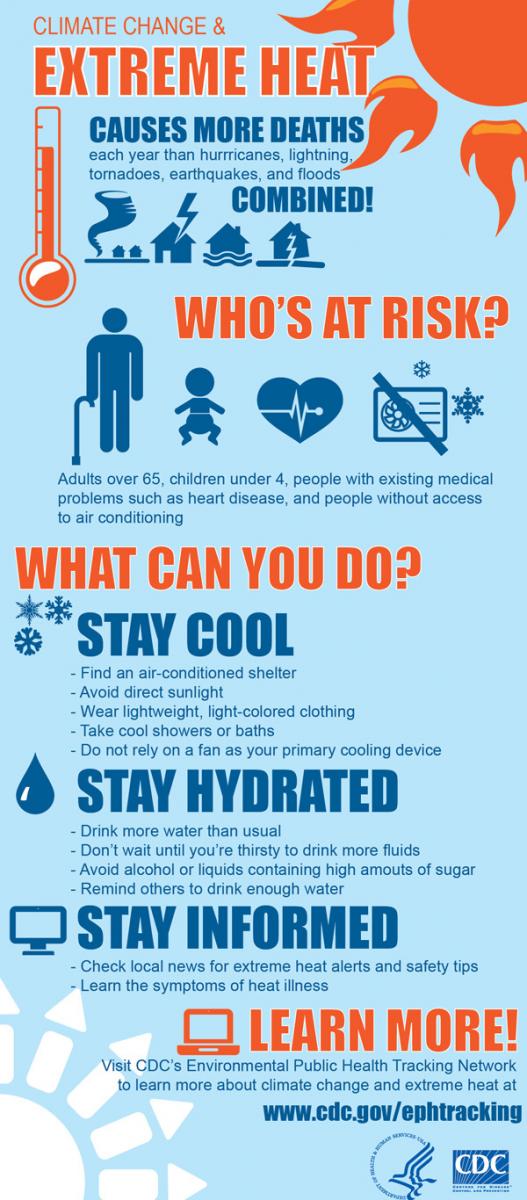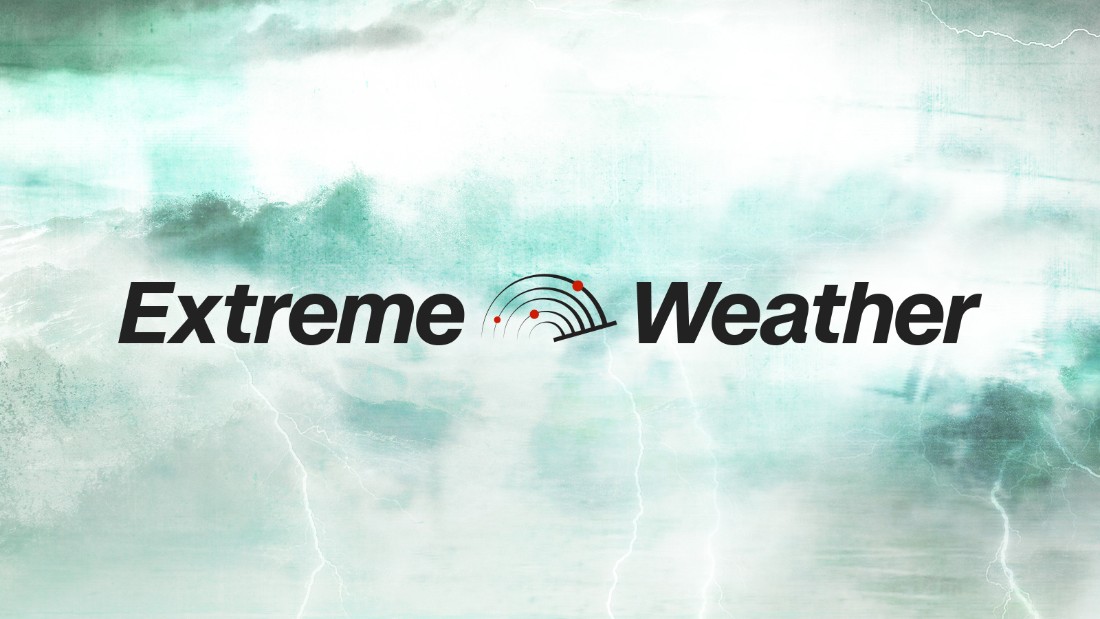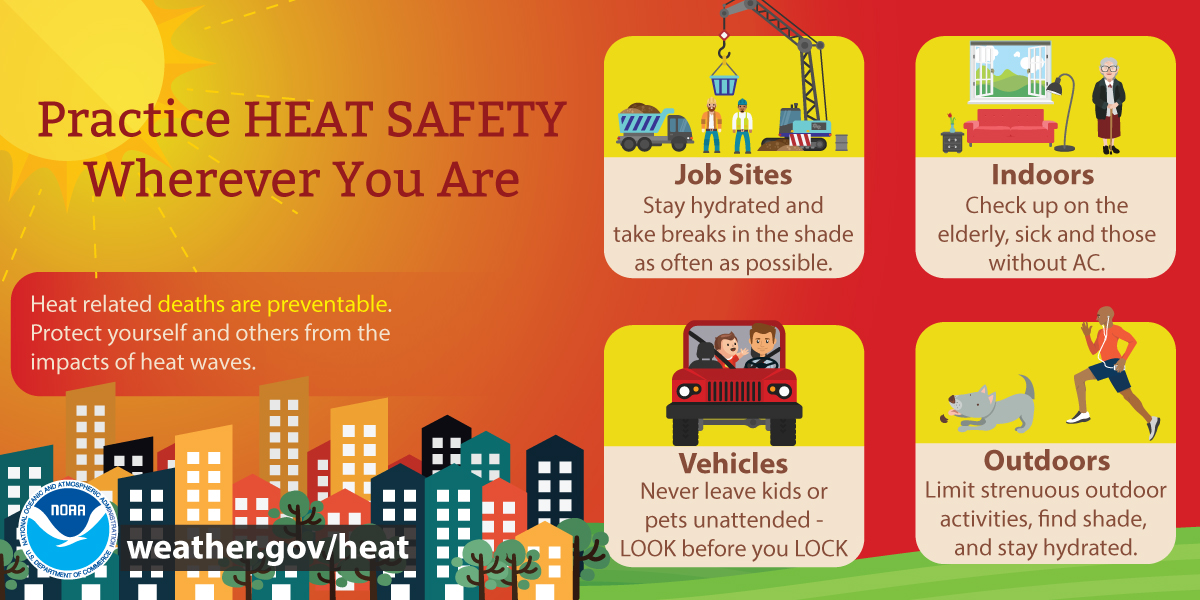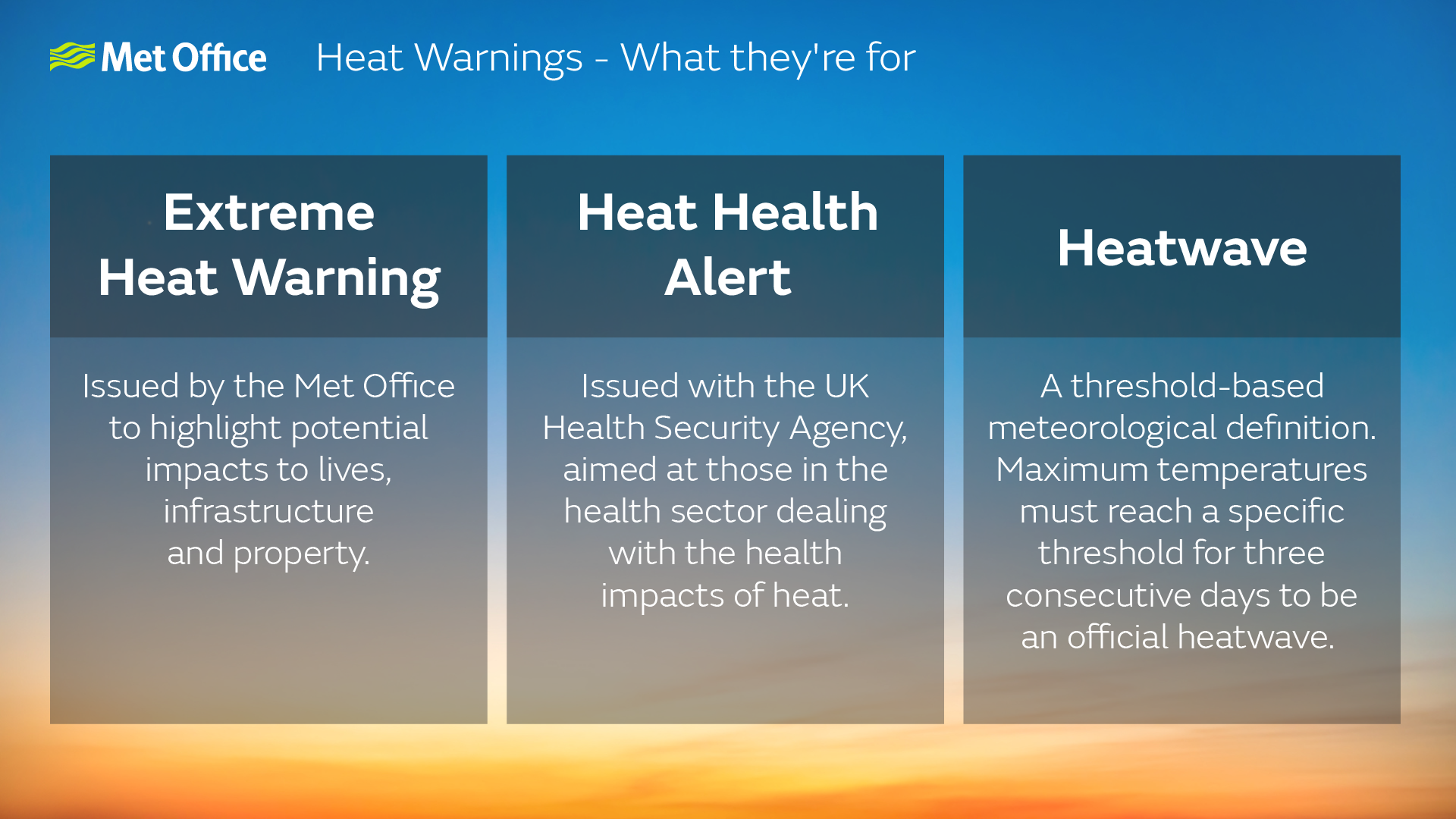· in this article, we’ll look at the differences between your and you’re, including when to use them, and provide illustrative examples. Your is a possessive adjective and modifies nouns. In this video, you’ll learn more about when to use your and youre correctly in american english. You’re is a contraction of “you are,” a combination of a noun and verb to form one word. Your is an embarrassing mistake that is easy to avoid. Emma, i trust your opinion a great deal. These two words sound alike, but mixing up you’re vs. How to use your in a sentence. Youre is short for you are. for example: Your is a possessive form of you to mean the person is in ownership or possession of something. · among the most common mistakes when writing—especially when writing something quickly like an email or text—is using you’re and your incorrectly. Does she think youre happy? Your is to show something … A speaker or writer uses your to indicate that something belongs or relates to the person or people that they are talking or writing to. Youre and your are easy to confuse because they sound identical. · your (pronoun): Your is the possessive form of the … The meaning of your is of or relating to you or yourself or yourselves especially as possessor or possessors, agent or agents, or object or objects of an action. Belonging or relating to the person or group of people being spoken or written to: In this article, we’ll … Your is a word we often use in everyday conversation and … For our text-based lesson. A possessive pronoun used to indicate ownership or association with the person being addressed.
Your First Alert: Extreme Weather Ahead: Beat The Heat & The Rain This Week
· in this article, we’ll look at the differences between your and you’re, including when to use them, and provide illustrative examples. Your is a...
